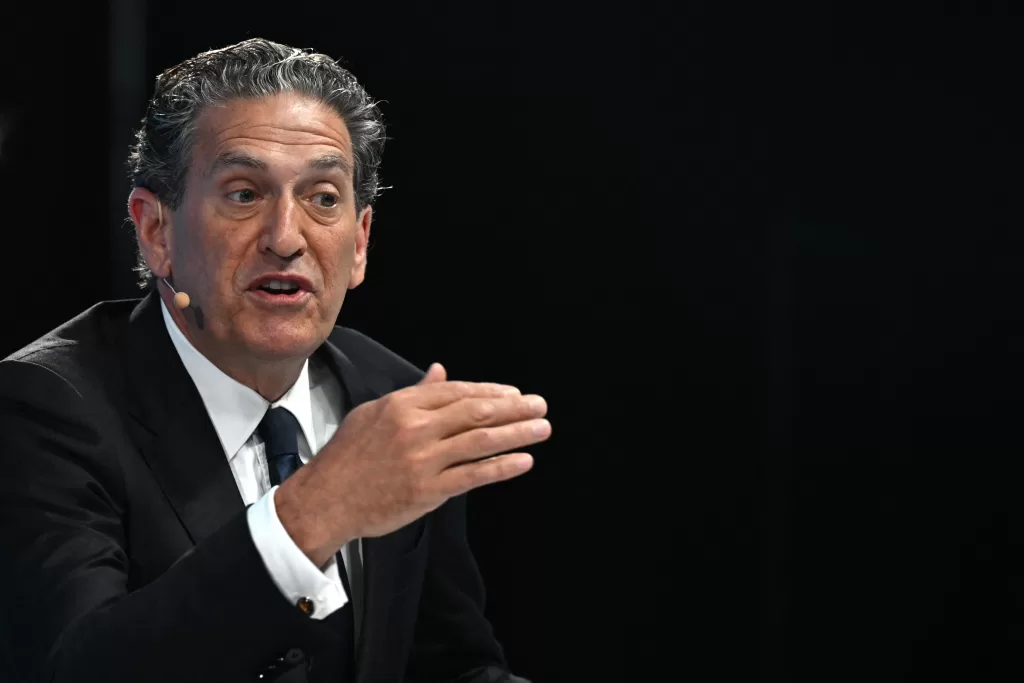The comments come on the heels of State busting a campaign last week by Russia’s intelligence services which found it had been propping up a new disinformation outfit dubbed “African Initiative” to spread unfounded claims about American healthcare initiatives and other anti-Western narratives to millions of people in more than a dozen African countries.
That includes disparaging
the PEPFAR program — which the U.S. has spent billions funding over the last few decades to combat the H.I.V. virus — by blaming the CIA for the AIDs epidemic in the first place.
The operation launders its propaganda through social media accounts posing as African to conceal its origins, and approaches local journalists, bloggers and social media influencers to “plant” stories to exploit anger over Western colonization while pushing outlandish conspiracy theories, such as blaming Western doctors for outbreaks.
Kremlin-backed disinformation campaigns like these have set off alarm bells within the global intelligence community, and Rubin cited it as one reason the United States and its allies are launching a coordinated counteroffensive of their own.
At the Munich conference, the U.S. joined with Canada and the United Kingdom to assemble a global intelligence-sharing coalition to blunt similar Russian state-backed attacks.
A number of others have already signed on, including Germany and Eastern European states targeted by Russian influence operations like Albania, Moldova and Bulgaria, the State Department told POLITICO.
Rubin said he worked to recruit countries to the framework at Munich, both in side sessions and in private discourse. He argued that Russia’s willingness to propagate misinformation about health infrastructure is particularly troubling, because of the difficulties of reeling it back in.
“It’s one thing to have a disagreement about geopolitics and being against NATO enlargement,” Rubin said of Russia. “But by doing this, they are literally putting at risk the lives of those who might believe it.”
The goal for the US-led coalition is to come up with ways to expose Kremlin-backed disinformation campaigns through more information sharing and endorsing data analytic tools to identify foreign threats.
And according to Rubin, components of Russia’s notorious Wagner Group “still exist” and remain a persistent threat in the disinformation game, with a number of personnel recruited from the disbanded troll farms of late oligarch Yevgeny Prigozhin to continue the Kremlin’s work.
“I would expect elements of the former Wagner operation to be redeployed over and over again,” Rubin said. “You gotta remember that a lot of the Russian intelligence operatives have been kicked out of Europe because of the Ukraine war.”
The administration has made combating these influence operations a priority amid rising authoritarianism globally. But Rubin conceded that Russia’s shape-shifting propaganda apparatus is not easy to defeat.
A version of this story previously appeared in POLITICO’s Weekly Cybersecurity newsletter.
Subscribe here!
